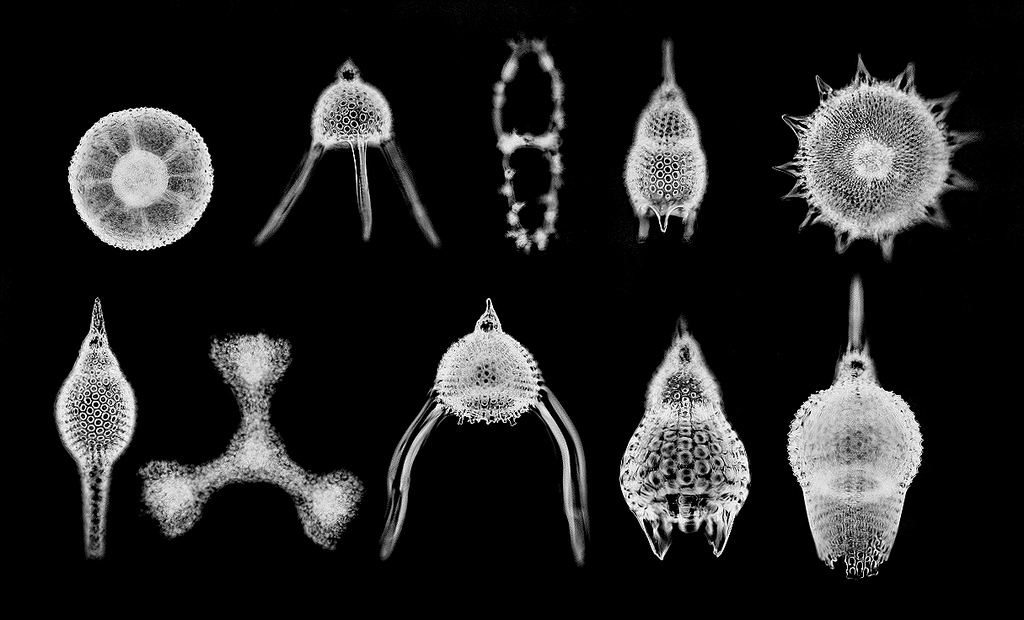OU News
News from The Open University
- Home
- International Space Station experiment journeys back to Earth with Tim Peake
International Space Station experiment journeys back to Earth with Tim Peake
Posted on • Space

British Astronaut, Tim Peake, returns from a six-month mission to the International Space Station (ISS). We spoke to Lecturer in Ecology, Dr Karen Olsson-Francis, about an experiment supported by the OU that is on the journey with Tim back to Earth.
What is the experiment that the OU has supported?
“The BIOMEX (Biology and Mars Experiment) contains a variety of microorganisms and organic molecules, which have been outside the ISS to basically study whether microorganisms are able to survive the extreme conditions of outer space. Just as importantly, we want to understand whether biosignatures, which we use to detect life, are also able to survive these conditions.
“The microorganisms arrived at the ISS nearly two years ago, so academics both here at the OU and across Europe, are eagerly anticipating the results of the experiment!”
Have there been similar experiments before?
“Previous experiments exposed rocks to space to study the effects of these conditions. One of the organisms we isolated (or ‘cultivated’) on the rock was called ‘OU20’ in honour of the OU; it is one of the organisms in the BIOMEX, which Tim Peake is carrying back with him. There are twenty microorganisms in total, including algae, bacteria, lichens, and mosses involved in the experiment.”
What is the next step after BIOMEX is back on Earth?
The results will develop our understanding of whether life is able to survive in the conditions of space and under simulated conditions of Mars. The effects of space on the biosignatures will offer an indication of whether life could have evolved previously elsewhere in our Solar System.
“The microorganisms and organic molecules that have been exposed to the extreme conditions outside the ISS, will be a reference point for space scientists. For example, we will be able to compare our molecules to those discovered on Mars by the ESA ExoMars Mission in October 2016; this could indicate whether life has existed in the past, or exists at present, on the surface of Mars.”
Photo by bisgovuk 